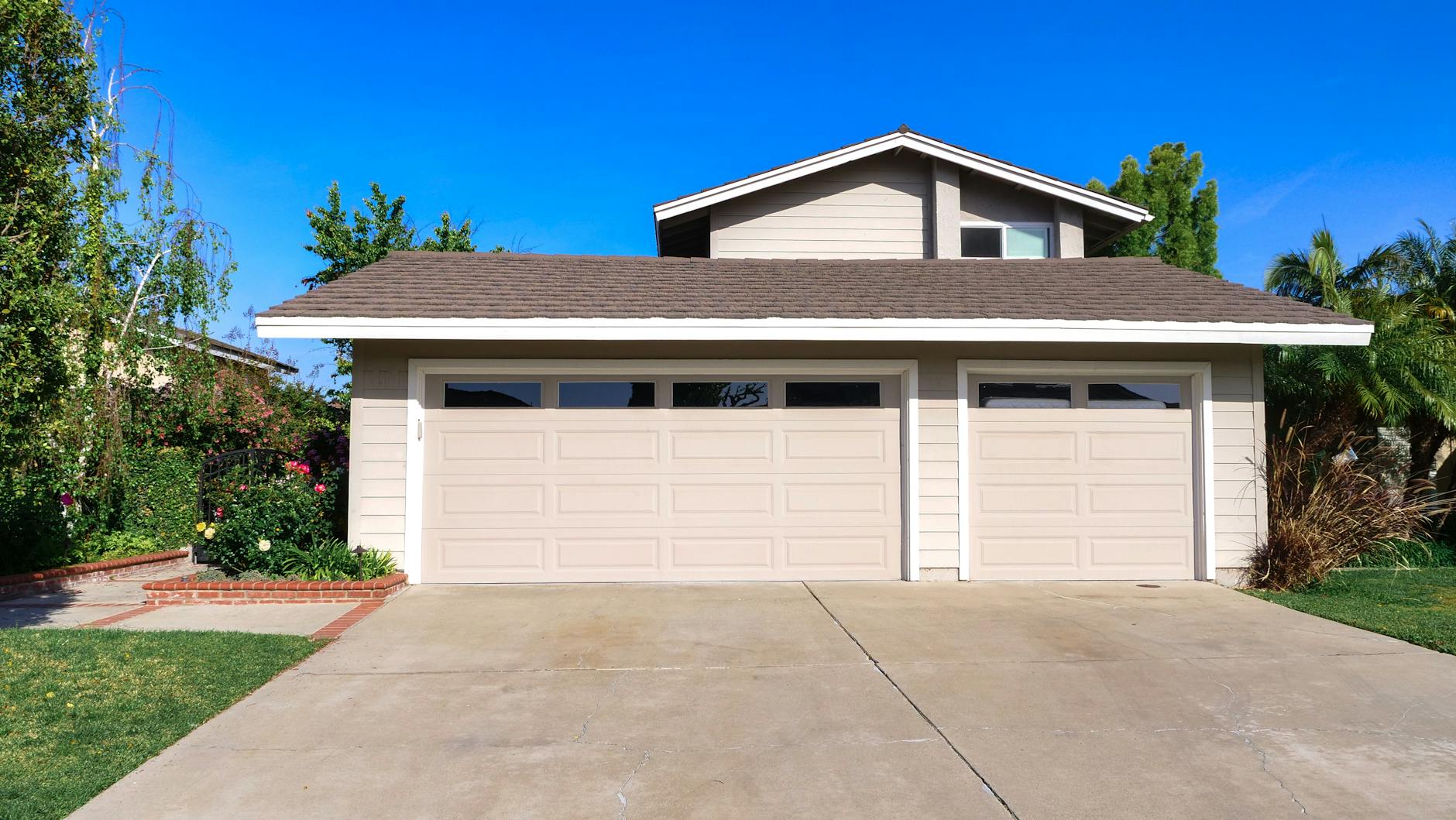Ever since my first visit to Spain, I’ve been captivated by its charm—the vibrant culture, stunning landscapes, and welcoming communities. It’s no surprise that countless expats, like myself, envision buying property in Spain as the perfect way to call this beautiful country home. The allure of its sun-kissed beaches, historic cities, and delicious cuisine can make anyone dream of settling down here. However, buying property in Spain seemed daunting at first. Through my experience, I’ve gathered valuable insights that can aid anyone contemplating this exciting journey. If you’re drawn to the idea of waking up to a sea view or savoring tapas on your terrace, let me guide you through the process with practical tips and insights into the Spanish property market.
Understanding the Spanish Property Market When Buying Property in Spain
One of the first challenges I faced was choosing the right location. Spain is diverse, with each region offering unique lifestyles and opportunities. Deciding where to invest requires thoughtful research. Popular regions among expats include the bustling city of Barcelona, the serene countryside of Andalusia, and the picturesque coastal towns of Costa del Sol. Whether you’re interested in vibrant city life or tranquil seaside living, understanding what each area offers is crucial. Websites like Idealista and Fotocasa provide comprehensive listings and insights into different neighborhoods, helping you in your journey of buying property in Spain.
Navigating the legal landscape is essential when buying property in Spain. The process involves specific paperwork and adherence to regulations that can be unfamiliar to newcomers. Having a trustworthy lawyer who specializes in Spanish property law is indispensable. They can guide you through obtaining a NIE (Número de Identificación de Extranjero), handling contracts, and ensuring all legal requirements are met. For detailed information on the NIE process, you can refer to our Ultimate NIE Application Guide in Spain. The government’s official website La Moncloa provides extensive resources on legal procedures and rights as a foreign property buyer.
Beyond the property price, several costs come into play. Understanding these beforehand helps avoid surprises. Taxes, such as the property transfer tax, and fees for notary services, property registration, and legal advice need to be factored in. Additionally, ongoing expenses like community fees and property maintenance should be considered. The Spanish Tax Agency provides detailed information on tax obligations for property buyers.
Navigating the Buying Process in Spain
Finding a credible estate agent was pivotal in my buying journey. With a myriad of options, choosing someone reputable is crucial for a smooth experience. Look for agents registered with professional bodies such as the GIPE (Gestores Intermediarios en Promociones de Edificaciones) for added reliability. A good agent offers invaluable insights into market trends and can streamline the search for your dream home.
When it comes to viewing properties, taking a critical eye is essential. I made it a point to pay attention to details such as structural integrity, natural lighting, and neighborhood amenities. Don’t hesitate to ask questions about the property’s history, utility costs, and local infrastructure. Tools like Google Maps are useful for previewing areas before an actual visit.
Submitting an offer can be nerve-wracking, but it’s also where negotiation skills come into play. Knowing the market value of properties in the area can give you an edge during negotiations. Offers in Spain are often negotiated, so being prepared to discuss terms and prices can potentially save substantial amounts. Always ensure that agreements are clearly outlined in writing to avoid misunderstandings.
Securing financing in Spain can be intricate, especially for non-residents. Spanish banks like Banco Santander and BBVA offer mortgages to foreigners, though typically at a higher interest rate. It’s beneficial to compare loan options and understand terms thoroughly. Consulting with financial advisors familiar with the Spanish system can offer additional guidance.
Finalizing the Purchase and Moving In
The final phase involves the signing of contracts and completing payments, officially marking the purchase. At this stage, my lawyer was instrumental in ensuring all paperwork was in order and that the property was free of encumbrances. Once the notary formalizes the sale, the property is registered under your name.
Moving into your new Spanish home is an exciting milestone. I found it helpful to engage with local expat communities for advice on settling in. From language exchange meetups to cultural events, Spain offers numerous ways to integrate and feel at home.
Making Spain Your New Home After Buying Property
Owning property in Spain is not just about bricks and mortar; it’s about embracing a new lifestyle and joining a vibrant community. The journey, though complex, is immensely rewarding. With the right knowledge and preparation, you too can embark on this adventure confidently. Embrace the process and soon, Spain could be your cherished home after successfully buying property.

Leave a Reply